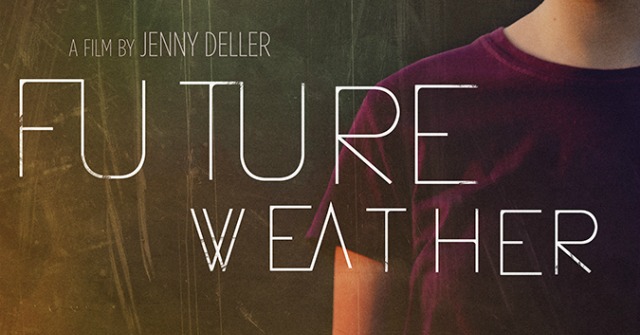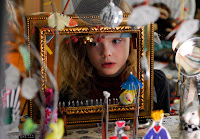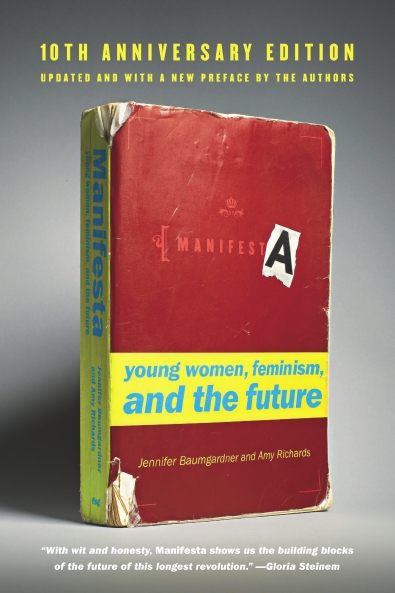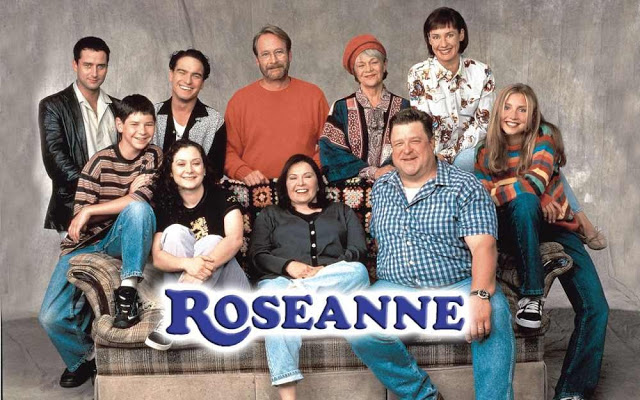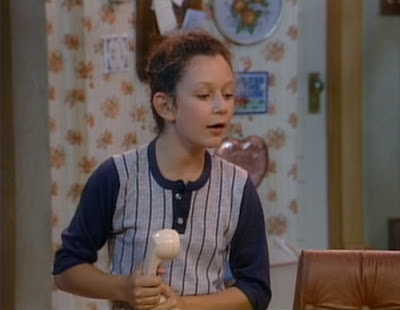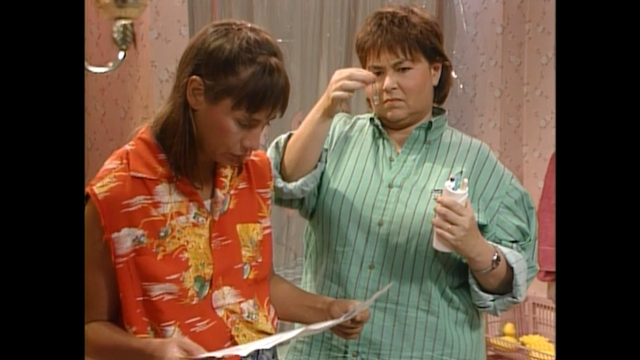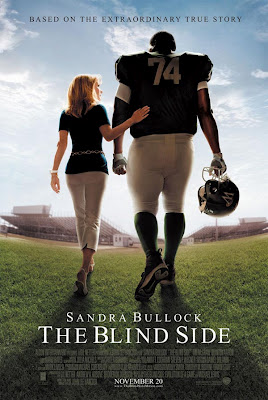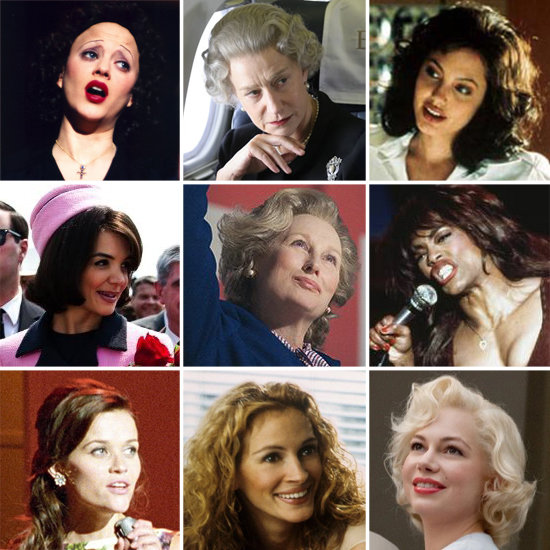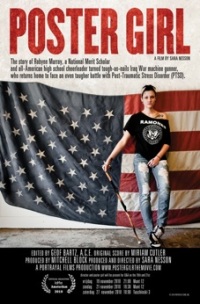 |
| Movie poster for Future Weather |
But Future Weather avoids these clichés. The women in this film lead hard, complex lives. We know these women. We live with these women. Their interactions remind of us our own multifaceted mother-daughter relationships. And, fortunately—while they’re sometimes messy and often difficult to watch—the women in Future Weather aren’t treated as tropes to merely move a plot forward (no dead ladies/moms for dudes to avenge the deaths of!), and the filmmakers spare the audience from two hours of that cringe-worthy, all-too-familiar “lone woman among a group of complex, likeably awful men” thing.
Thirteen-year-old Laduree lives in a trailer tucked away on a beautiful piece of land in rural America. A loner who takes refuge in nature, she’s grown up looking after her mother [Tanya] as she wanders between men and jobs. A few weeks into the 8th grade, Laduree returns home to find a note in the breadbox with a fifty-dollar bill—her mother has taken off to pursue her life-long dream of becoming a make-up artist for the stars. … Laduree reluctantly begins life at her grandmother’s [in] a small house in town where her mother grew up. … As the two struggle to deal with Tanya’s disappearance, they tiptoe toward each other and apart, finding fragile moments of connection and release amid a glut of lies, omissions, and miscommunications. …
Perla Haney-Jardine plays Laduree (called “Ray” for short) brilliantly. Future Weather is a coming-of-age tale, and Ray’s relationship with her absent mother, Tanya (played by Marin Ireland), never feels false; I attribute that to Jardine’s stunning performance in the role. Ray always keeps her guard up, but underneath her feigned tough exterior lies a wounded child who, like many of us, had to take on adult responsibilities at a young age and never experienced the love she needed from her mother. And while Ray’s mother Tanya enjoys traditionally feminine things like experimenting with makeup—she abandons Ray to move to California to become a makeup artist, after all—Ray loves science, a traditionally male pursuit. She’s a tomboy who likes the earth, particularly plant-life, likes getting dirty, and likes swimming in lakes. These differing interests further separate mother and daughter, and neither knows quite how to relate to the other, though it isn’t for lack of trying.
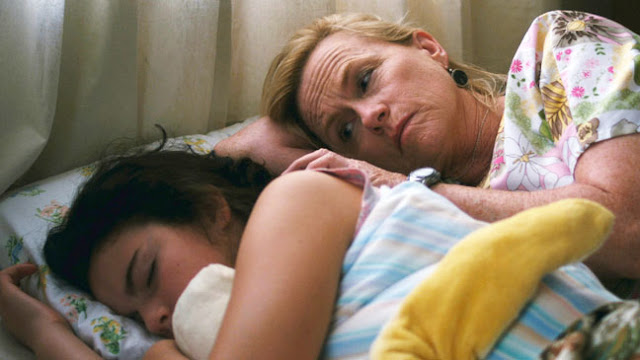 |
| Perla Haney-Jardine as Laduree and Amy Madigan as Greta in Future Weather |
In several quiet scenes, often with no dialogue, the director Jenny Deller illustrates this disconnect perfectly, with Ray unsuccessfully trying to show Tanya her scientific discoveries and Tanya trying to bond with her daughter by giving her a makeover. I love this juxtaposition so much. For one, Ray’s love of science works as a metaphor throughout the film. Ray studies plants in her yard, and when she moves to her grandmother’s house, she must uproot her plants (which she’s named and everything) and physically move them to another home. She worries it will kill them, and that speaks to Ray’s own emotional turmoil in being forced to leave the only home she’s ever known. Ray essentially “mothers” (i.e. nurtures) her plants and loves them in a way she doesn’t feel loved by her own mother.
 |
| Perla Haney-Jardine as Laduree in Future Weather |
One of the criticisms I’ve read repeatedly about Future Weather is that the film includes too much eco-dialogue. Nope! Sure, Ray speaks passionately about the environment throughout, and in another film, one not directed by a woman who understands subtext, perhaps, (how is this Deller’s first film?!), the eco-dialogue critique might make sense. But in this film, particularly in the scene in which Ray flips out on an entire neighborhood of people about littering, excessive purchasing of water bottles, and not caring about the earth in general, the subtext is absolutely clear: people who possess the ability to care for living creatures also possess the responsibility to do so—to nurture and care for the planet because the planet takes care of us, the way mothers, daughters, and families should take care of one another.
Motherhood, specifically the act of mothering, is presented as a layered and complicated job in Future Weather.
 |
| Lili Taylor as Ms. Markovi in Future Weather |
We see more evidence of this in Ray’s relationship with her science teacher Ms. Markovi (played by Lili Taylor). Ray connects with her for obvious reasons: she sees herself in Ms. Markovi, another female who loves science (gasp!), and she also sees Ms. Markovi as a stand-in mother, someone who understands her and nurtures her interests in ways both Tanya and her grandmother, Greta (played by Amy Madigan), struggle to do effectively. There are reasons for that struggle. Greta, one of my new, absolute favorite onscreen women ever, is fucking tough. She gave birth to Tanya at a young age and raised her alone, and Tanya replicated her mother’s life with Ray.
And guess what? Single motherhood is hard; the film shows us that.
It shows the hardships—and consequences—of trying to raise a child while struggling financially, getting no real support from the man who, you know, helped create the child, and hearing the constant message from society that mothers cease to exist as individuals once they have children. Forget it, moms. Any dreams or life goals you hoped to achieve once—put them on the backburner for a few decades. (Hint: society spares dads that message.)
I won’t give anything else away about the film, as it’s still screening at festivals and waiting for a distributor. (Someone pick up this film!)
But in the end, unlike so many movies about motherhood, Future Weather doesn’t condemn or vilify mothers, or even praise them. It illustrates the difficulties of motherhood, particularly for single moms. Deller, thankfully, doesn’t shy away from showing us the realities—and occasional horrors (ha)—inherent in mother-daughter relationships. We may question the decisions these mothers make, but they’re questioning themselves throughout, too.
 |
| The cast and director of Future Weather |
